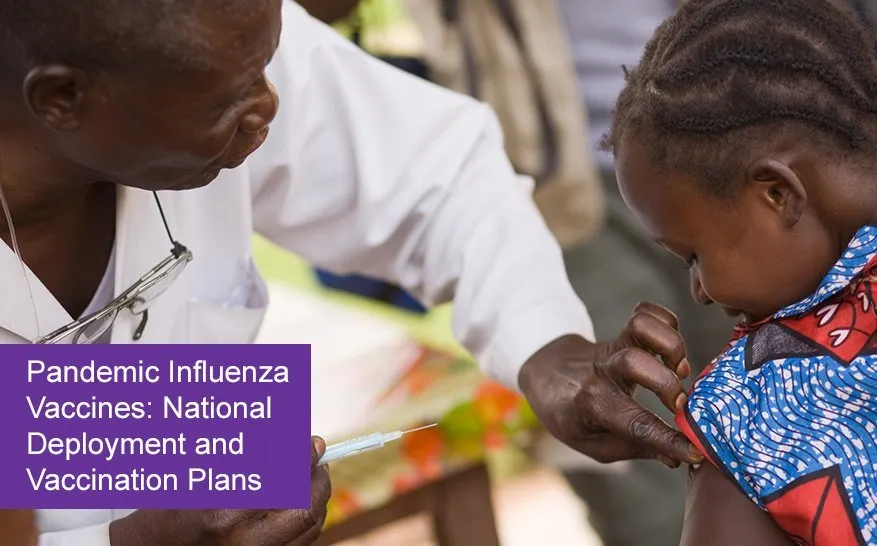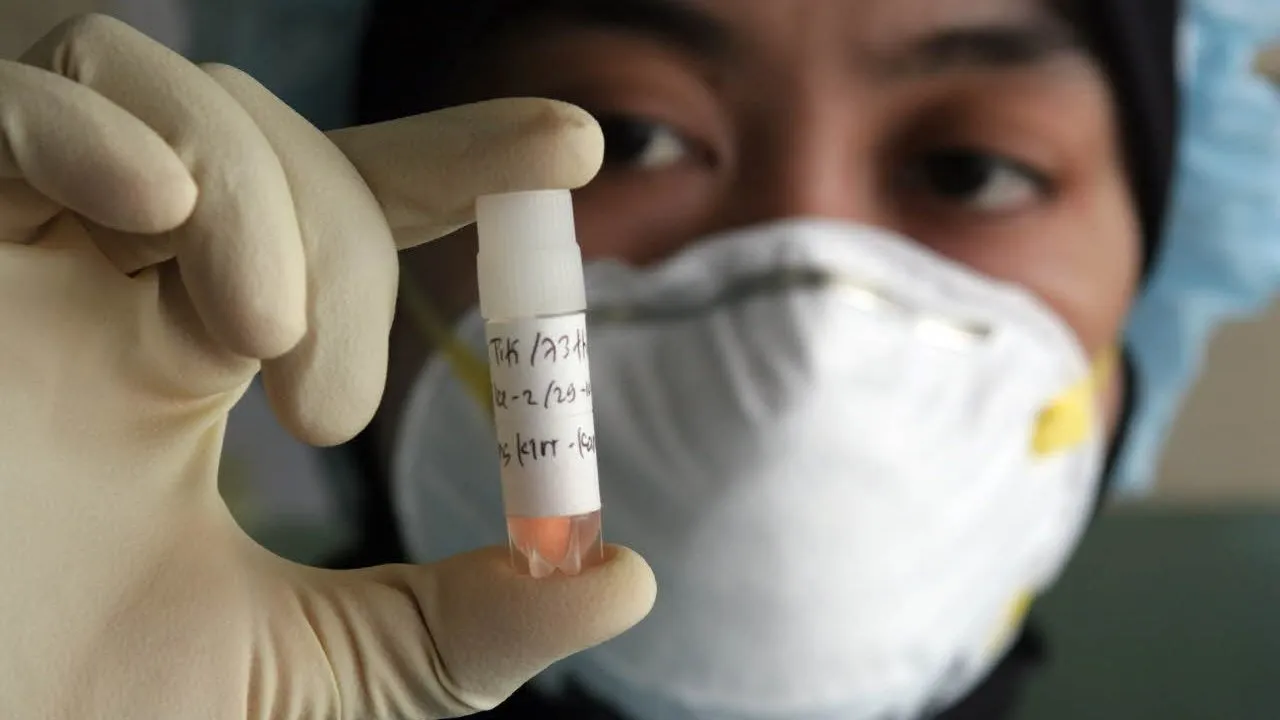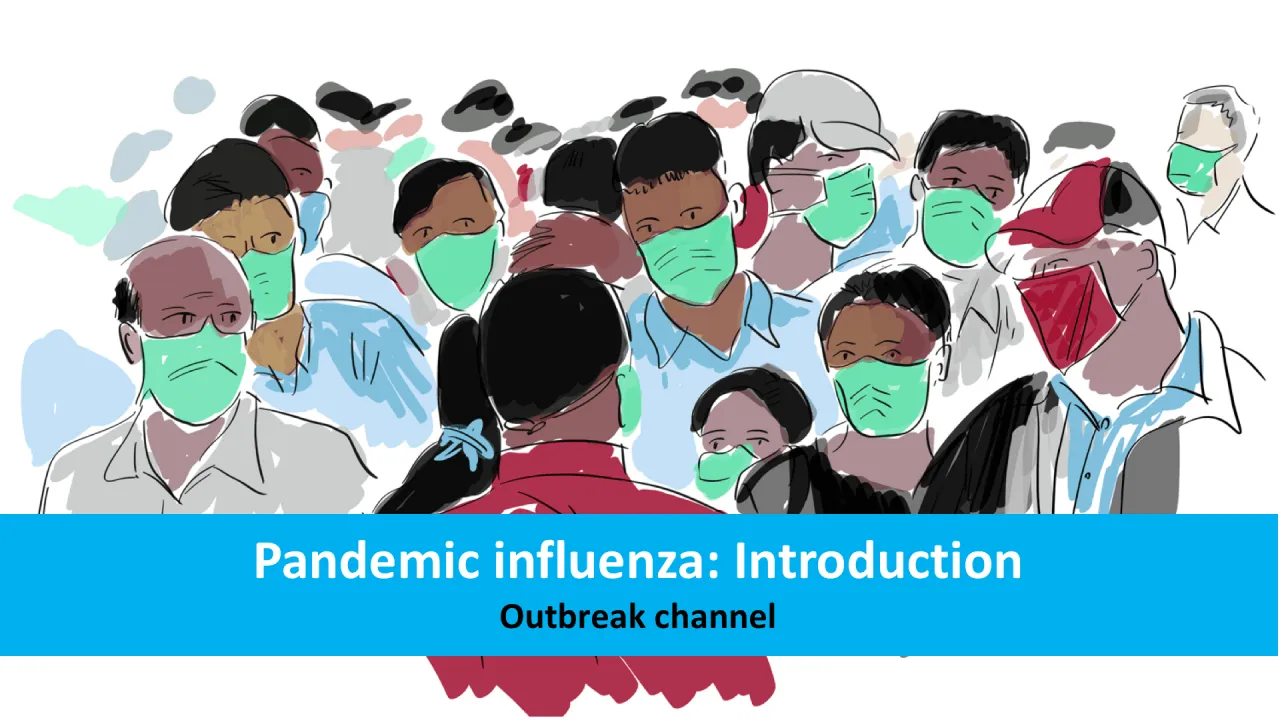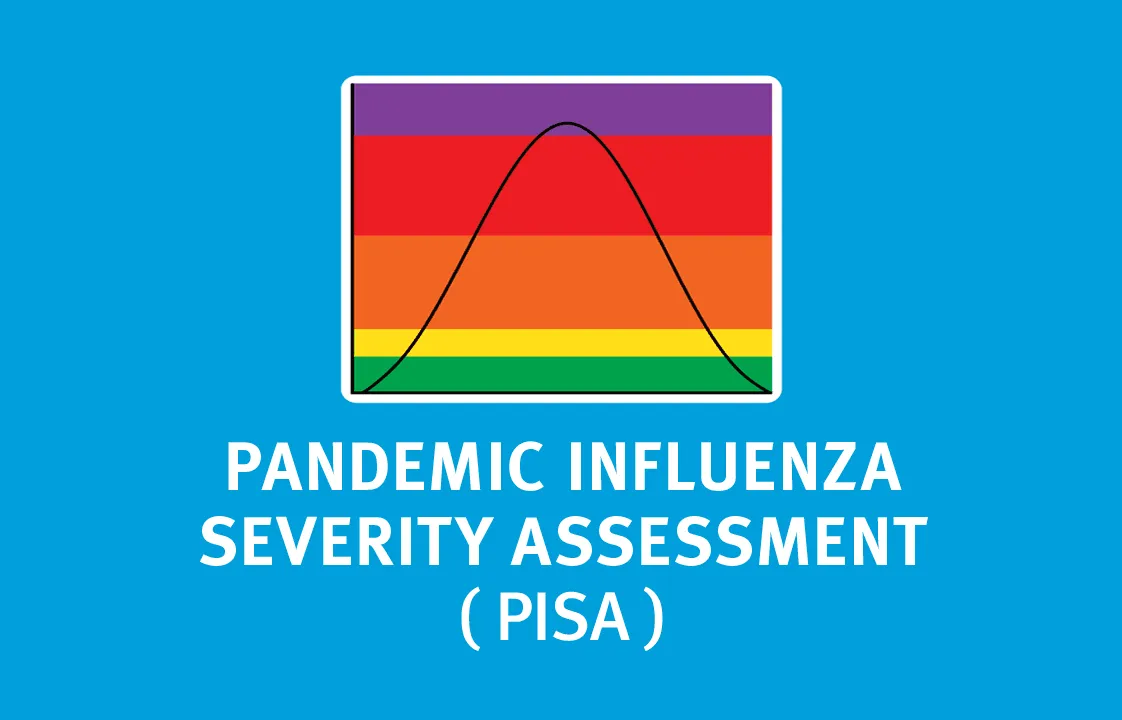
Pandemic Influenza Vaccines: National Deployment and Vaccination Plans 
Discover the fundamentals of Pandemic Influenza Vaccines: National Deployment and Vaccination Plans ▼
ADVERTISEMENT
Course Feature
![]() Cost:
Cost:
Free
![]() Provider:
Provider:
ThaiMOOC
![]() Certificate:
Certificate:
Free Certification
![]() Language:
Language:
English
![]() Start Date:
Start Date:
On-Demand
Course Overview
❗The content presented here is sourced directly from ThaiMOOC platform. For comprehensive course details, including enrollment information, simply click on the 'Go to class' link on our website.
Updated in [May 19th, 2023]
This course provides an overview of the national deployment and vaccination plans for pandemic influenza vaccines. It covers topics such as the importance of national deployment and vaccination plans, the components of a national plan, the process of developing a plan, and the challenges and opportunities associated with the implementation of a plan. Participants will gain an understanding of the importance of national deployment and vaccination plans for pandemic influenza vaccines, and the key elements of a successful plan. They will also learn about the process of developing and implementing a plan, and the challenges and opportunities associated with the implementation of a plan. Upon completion of the course, participants will be able to develop or revise their own national deployment and vaccination plans for pandemic influenza vaccines.
[Applications]
It is suggested that those who have completed this course apply their knowledge to develop or revise their national deployment and vaccination plans for pandemic influenza vaccines. This will ensure that processes and structures are functional so that vaccines are rapidly deployed and administered to target populations. Additionally, having a national deployment and vaccination plan in place is a pre-requisite in the request process to access vaccines from WHO secured stockpiles.
[Career Paths]
1. Public Health Officer: Public health officers are responsible for developing and implementing national deployment and vaccination plans for pandemic influenza vaccines. They work with government agencies, healthcare providers, and other stakeholders to ensure that the plans are effective and efficient. Public health officers must have a strong understanding of public health principles, epidemiology, and infectious disease control. As the demand for pandemic preparedness increases, public health officers will be in high demand.
2. Vaccine Developer: Vaccine developers are responsible for researching and developing new vaccines to protect against pandemic influenza. They must have a strong understanding of immunology, virology, and molecular biology. Vaccine developers must also be able to work with a variety of stakeholders, including government agencies, healthcare providers, and the public. As the demand for pandemic preparedness increases, vaccine developers will be in high demand.
3. Infectious Disease Specialist: Infectious disease specialists are responsible for diagnosing and treating patients with pandemic influenza. They must have a strong understanding of infectious diseases, epidemiology, and public health principles. Infectious disease specialists must also be able to work with a variety of stakeholders, including government agencies, healthcare providers, and the public. As the demand for pandemic preparedness increases, infectious disease specialists will be in high demand.
4. Epidemiologist: Epidemiologists are responsible for studying the spread of pandemic influenza and developing strategies to prevent and control its spread. They must have a strong understanding of epidemiology, public health principles, and infectious disease control. Epidemiologists must also be able to work with a variety of stakeholders, including government agencies, healthcare providers, and the public. As the demand for pandemic preparedness increases, epidemiologists will be in high demand.
[Education Paths]
1. Master of Public Health (MPH): The MPH degree is designed to provide students with the knowledge and skills to become public health professionals. This degree focuses on the core areas of public health, such as epidemiology, biostatistics, health policy, environmental health, and health services administration. Students will learn how to develop and implement public health programs, evaluate their effectiveness, and advocate for public health initiatives. The MPH degree is becoming increasingly popular as the demand for public health professionals grows in response to the global pandemic.
2. Master of Science in Infectious Disease (MSID): The MSID degree is designed to provide students with the knowledge and skills to become infectious disease professionals. This degree focuses on the core areas of infectious disease, such as epidemiology, immunology, virology, and public health. Students will learn how to identify, diagnose, and treat infectious diseases, as well as develop and implement public health programs to prevent the spread of infectious diseases. The MSID degree is becoming increasingly popular as the demand for infectious disease professionals grows in response to the global pandemic.
3. Doctor of Public Health (DrPH): The DrPH degree is designed to provide students with the knowledge and skills to become public health leaders. This degree focuses on the core areas of public health, such as epidemiology, biostatistics, health policy, environmental health, and health services administration. Students will learn how to develop and implement public health programs, evaluate their effectiveness, and advocate for public health initiatives. The DrPH degree is becoming increasingly popular as the demand for public health leaders grows in response to the global pandemic.
4. Doctor of Science in Infectious Disease (DSID): The DSID degree is designed to provide students with the knowledge and skills to become infectious disease leaders. This degree focuses on the core areas of infectious disease, such as epidemiology, immunology, virology, and public health. Students will learn how to identify, diagnose, and treat infectious diseases, as well as develop and implement public health programs to prevent the spread of infectious diseases. The DSID degree is becoming increasingly popular as the demand for infectious disease leaders grows in response to the global pandemic.
Course Provider

Provider ThaiMOOC's Stats at AZClass
Discussion and Reviews
0.0 (Based on 0 reviews)
Explore Similar Online Courses

Premium GRE Prep Course: Improve Your GRE Score

Online Digital Social Media Marketing & Sales Free Training

Python for Informatics: Exploring Information

Social Network Analysis

Introduction to Systematic Review and Meta-Analysis

The Analytics Edge

DCO042 - Python For Informatics

Causal Diagrams: Draw Your Assumptions Before Your Conclusions

Whole genome sequencing of bacterial genomes - tools and applications

Pandemic and epidemic-prone diseases

Pandemic influenza: Introduction

Pandemic Influenza Severity Assessment (PISA)
 Related Categories
Related Categories
Quiz
 Submitted Sucessfully
Submitted Sucessfully
1. What is the purpose of national deployment and vaccination plans for pandemic influenza vaccines?
2. How many modules are included in the learning package?
3. What is the latest information and developments included in the learning package?


Start your review of Pandemic Influenza Vaccines: National Deployment and Vaccination Plans